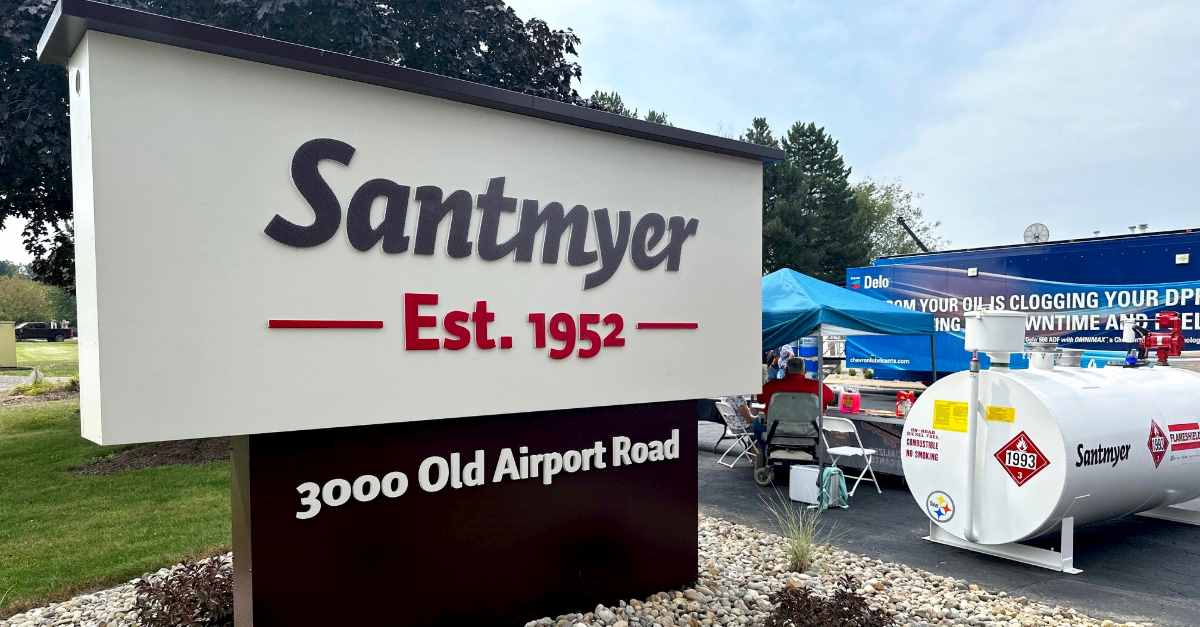Insights Connection
Client Success Stories


We value your opinion.
After your visit, would you be willing to provide some quick feedback? It'll only take a minute.